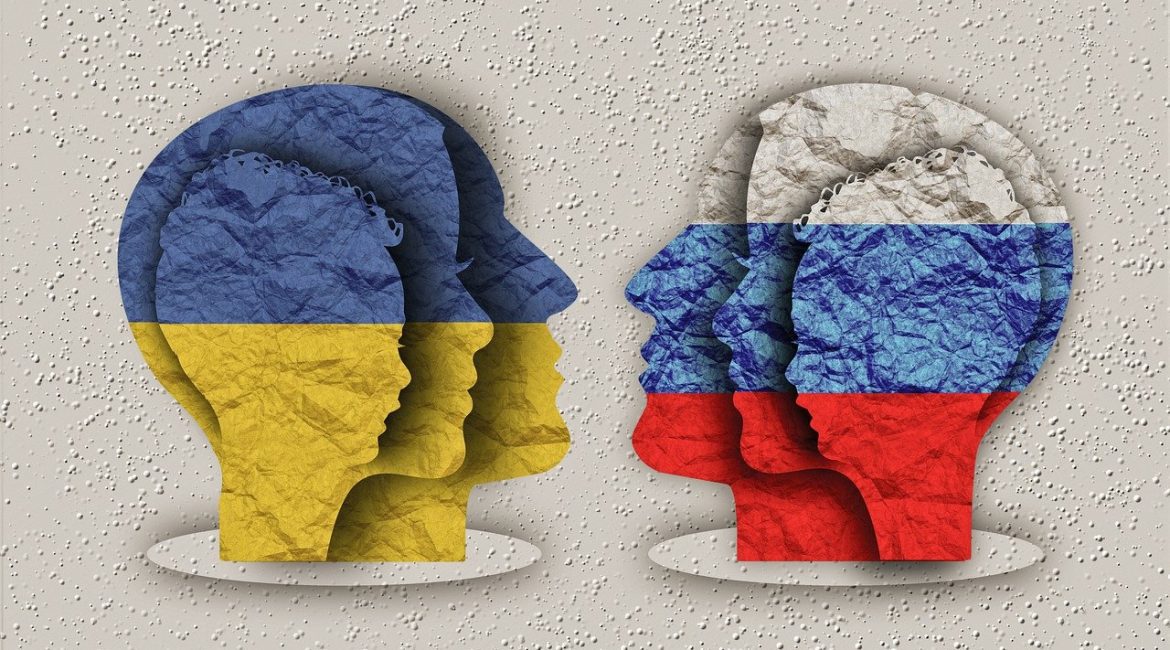First of all, this could be a fortunate thing for Moscow, as the focal point of international attention has shifted from Ukraine to Israel. For Westerners, the “bad guy” is also Hamas and no longer just Russia. Any relative lack of interest in the war in Ukraine ultimately means less aid, less attention, less public pressure.
At the same time, Russia is struggling to maintain the delicate balance that it has more or less managed to maintain so far between Israel, who does not impose economic sanctions and limits its arms deliveries to Ukraine, the Palestinians, who enjoy traditional support from Russian diplomacy, Syria, where the Russians maintain two military bases (Tartous and Hmeimim) and Iran, with which particularly military ties have become closer (deliveries of Shahid drones and construction in Russia of a factory for these drones).
Russia presented to the UN Security Council a draft resolution which sought to be balanced but which was refused by the members of the Council because it did not include any condemnation of the actions of Hamas.
For Moscow, a conflagration in the region would not be a good deal and would force it to move beyond its traditional diplomatic ambiguity. Despite the long-established support for the Palestinian cause, the abuses of Hamas in Israel have shocked many people and the demonstrations of support of the Russian population for Israel have been much more important in the Russian capital than the gestures of solidarity with the Palestinians from Gaza.
As for Volodymyr Zelensky, he requested in vain to be received in Israel. He wants to show solidarity with the reaction of indignation provoked in Europe and the United States, his main supporters, in face of the atrocities committed by Hamas and to push Russia in an attack position against Israel. He can refer to Moscow’s ties with Tehran and Russia’s traditional support for the Palestinian cause in support of his accusations.
In this context, it is difficult to see the Russians seeking to destabilize Israel with which they have a satisfactory modus vivendi, Moscow turning a blind eye to Israeli bombings against the forces of the Iranian Revolutionary Guards in Syria, allowing it to create a sort of buffer zone at its border with Syria.
The Ukrainian president is also interested to remain at the forefront of the diplomatic and military priorities of the “international community”. The Israelis, whose primary concerns are to heal their wounds and prepare for operations in Gaza, refuse to receive him, and Kyiv fears seeing Westerners, particularly the Americans, redirect part of their aid towards Israel and relatively lose interest in Ukraine.
The Israeli issue will undoubtedly be more important than the Ukrainian issue in the upcoming American presidential campaign. Therefore, Kyiv has either no interest in a more extensive conflagration in Gaza region.
To regain Western priority attention, Ukrainians need the crisis between Israel and Hamas to calm-down. In the meantime, they must reactivate public interest and to record new victories or demonstrate that things are changing. The delivery of very precise American ATACMS missiles, recently used with success it seems, as well as the blocking of a Russian offensive on the Avdiivka side, made them regain some of the media attention. The worst for Kyiv would be to be subjected to a sudden territories reconquest by Russia, in the silence of the “international community”.

